Eswatini's Royal Science and Technology park hosts the IASP Africa regional event
/Deelangza_photography_-27767.jpg)
Green Energy, circular economy and forest ecosystem management are a few of many topics that were discussed at IASP Africa’s event that took place from 16-17 August in Matsapha, Eswatini.
The Royal Science and Technology Park brought together IASP members and industry experts, who joined in-person and virtually, under the theme “Innovative partnerships for a sustainable and climate resilient Africa: management and solutions”.
The two knowledge intensive days were welcomed by Senzo Malaza, RSTP CEO Vumile Dlamini and IASP CEO Ebba Lund, who introduced the association to attendees and explained the role we play in the industry, as well as highlighting the importance of this event in encouraging the debate on Africa’s sustainable economic development. The event was inaugurated by Minister ICT HRH Princess Sikhanyiso of Eswatini who, after a warm speech, declared “this year’s theme holds the potential of protecting Africa’s destiny”.
Sessions focused on transitioning the continent into a more sustainable way of life, both for bigger companies, STPs/AOIs and cities wanting to protect their people, along with their future. Plenaries and debates started with discussing “The blue economy and sustainable water management” where proposals towards creating a safe and sustainable environment were made, as well as creating a balance in the industry. Possible ways of making coal usage for power generation greener were presented, as “transition doesn’t mean no utilization of coal, […] it means using other combinations that are cleaner and more reliable.”
The programme continued with “circular economy” and building resilient cities, which can withstand natural phenomena and adapt to the growing needs of the communities inhabiting them. Both green infrastructure and financial systems were discussed, with the goals being “to create long-term infrastructure funding strategies for smart cities”. To tie in with the previous session, the afternoon panel covered “smart agriculture”; how local products can impact global markets and how said local producers can prepare for the effects of climate change, including how to guarantee food security.
Day 2 started off by linking to the previous day’s subthemes with “green energy”, where renewable energy sources for a sustainable future were discussed. Thes sessions served as an introduction to the second panel, named “building resilient cities”, which focused on financial development and public-private partnerships for sustainable city growth. The two days finished off discussing “forest ecosystem management” and the communities impacted by climate change.
The event was a great opportunity for different members of IASP Africa to open a conversation on the future of their continent, as well as learning from different STPs and AOIs to find a sustainable way to aid the continent’s continuous growth, paving the way to our #IASPnairobi world conference where the conversation will continue on 17th - 20th September 2024.
/)

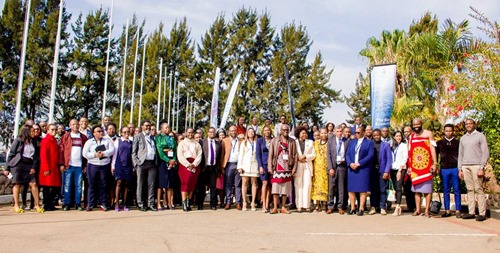
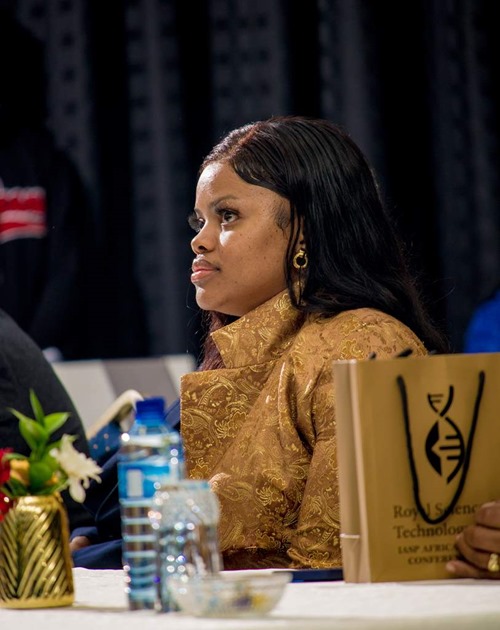
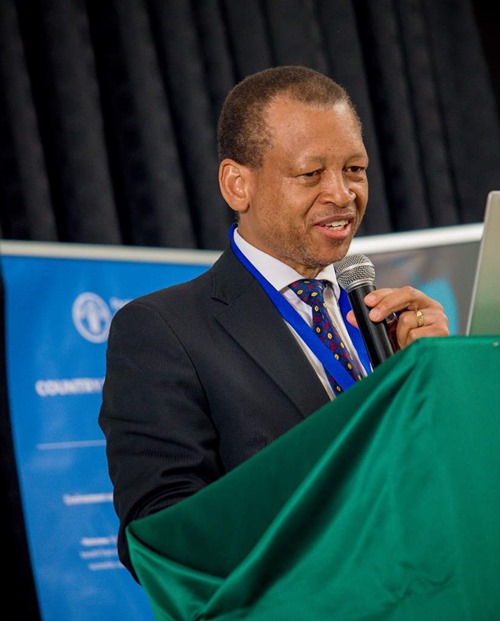
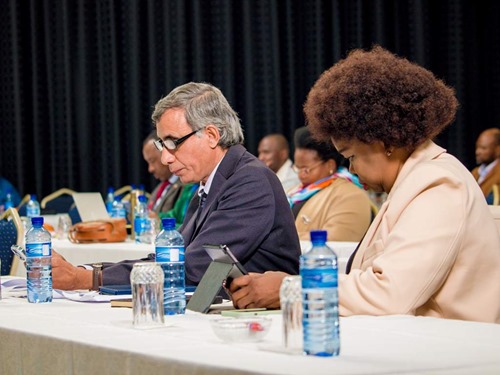
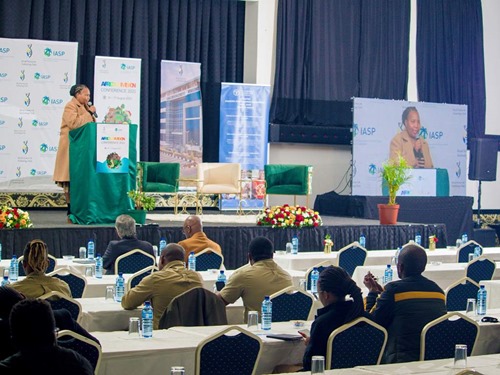
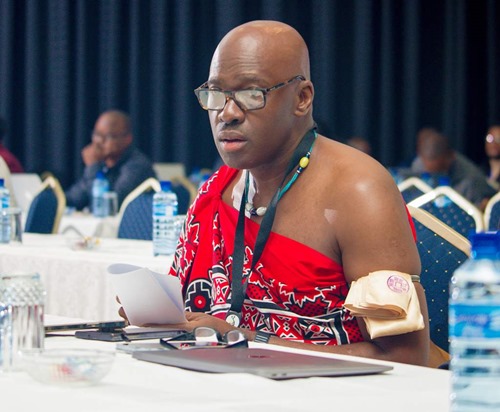
/canvascolor(0xffffffff)/2017_08_07_HHTP.png)
/canvascolor(0xffffffff)/_______logo.png)
/canvascolor(0xffffffff)/SHIFT-LOGO-WHITE_(2)_1.png)
/canvascolor(0xffffffff)/LOGO-PC-TEC.png)
/canvascolor(0xffffffff)/SSTP_Logo_New_-_02.png)
/canvascolor(0xffffffff)/2019_08_02_UAE_RTI_Park.png)
/canvascolor(0xffffffff)/MemberLogo-55206-93101.png)
/canvascolor(0xffffffff)/La_Salle_Barcelon_logo.png)
/canvascolor(0xffffffff)/gcid-logo_logo-colour_for_web_with_20__2.jpg)
/canvascolor(0xffffffff)/2024_04_24_UK_UNIP.jpg)
/canvascolor(0xffffffff)/2017_07_31_University_of_Iceland.jpg)
/canvascolor(0xffffffff)/WMV_logo_PNG_2024-03-03_14_03_12_1.png)
/canvascolor(0xffffffff)/ppnt_logo_EN.png)
/canvascolor(0xffffffff)/MemberLogo-58801-6311.png)
/canvascolor(0xffffffff)/Logo_Novi.JPG)
/canvascolor(0xffffffff)/MemberLogo-25804-6113.jpg)
/canvascolor(0xffffffff)/Logo_PEGUlm_neu.jpg)
/canvascolor(0xffffffff)/photo_2023-11-04_12-18-10_1.jpg)
/canvascolor(0xffffffff)/GEP_Logo-01_transparant_(1)_6.png)
/canvascolor(0xffffffff)/2017_11_17_Taiwan_Southern_Taiwan_SP.png)
/canvascolor(0xffffffff)/MemberLogo-5557-5966.jpg)
/canvascolor(0xffffffff)/MemberLogo-87901-361401.png)
/canvascolor(0xffffffff)/2024_05_08_Edmonton_Research_Park_Logo.png)
/canvascolor(0xffffffff)/MemberLogo-43501-149701.jpg)
/canvascolor(0xffffffff)/2017_08_04_Gararia.png)
